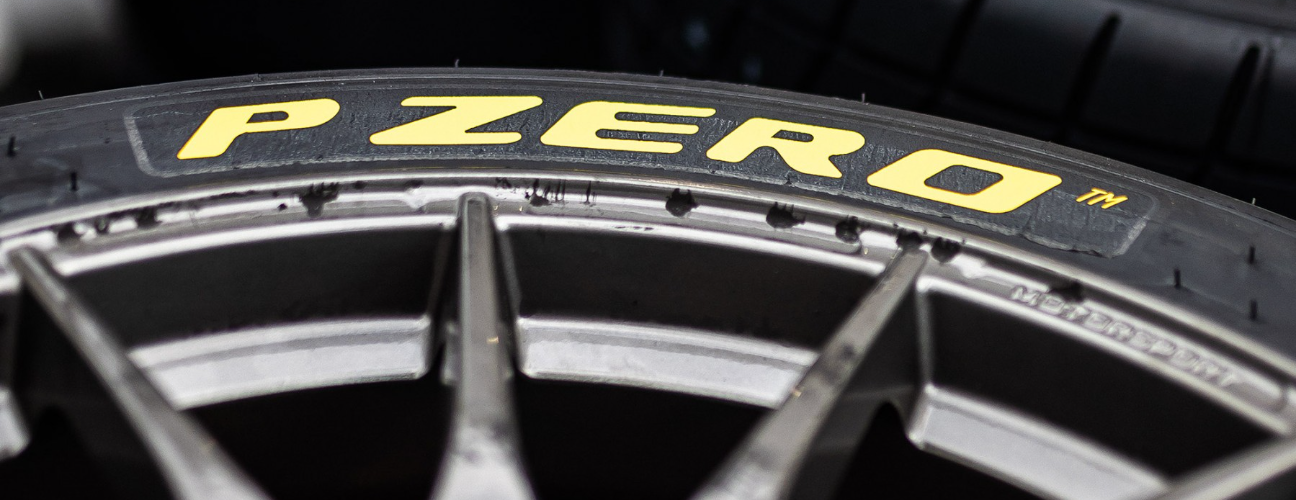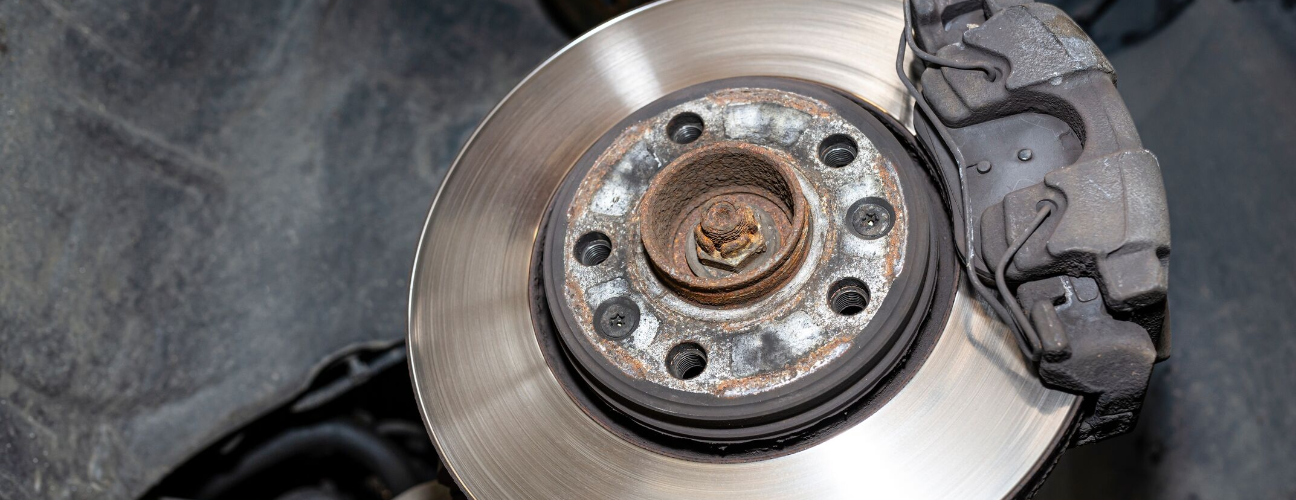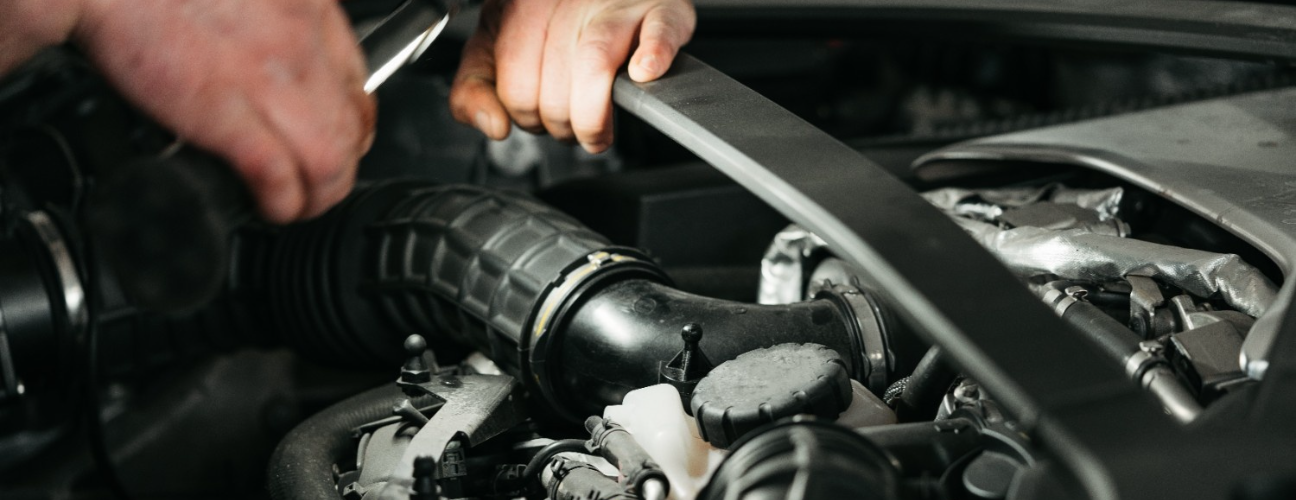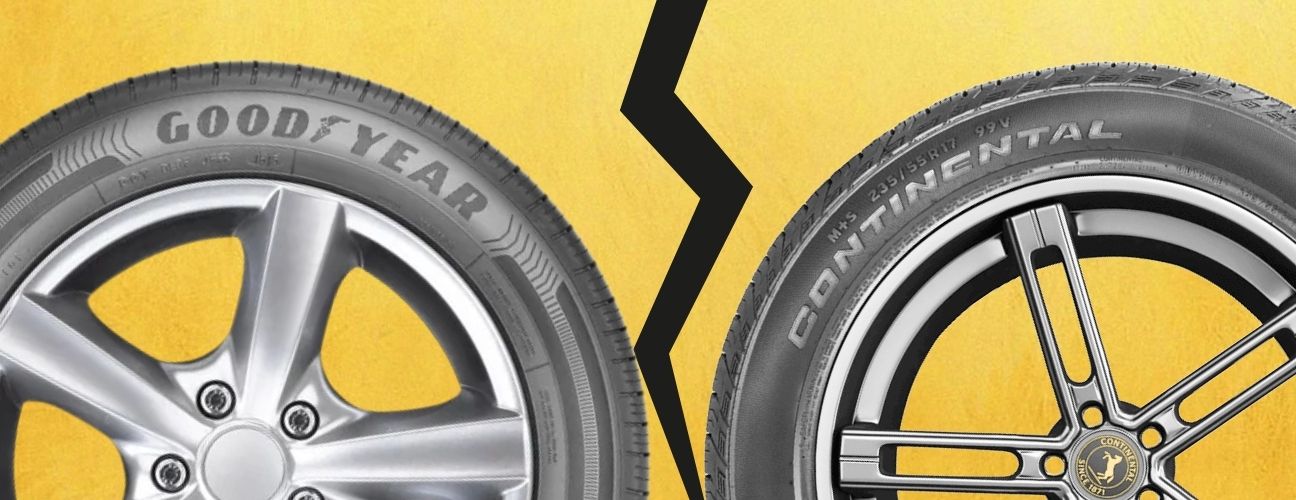
How Abu Dhabi’s Heat Affects Your Brakes: Maintenance Tips from DWB Tyres?

- May 25, 2025
How Abu Dhabi’s Heat Affects Your Brakes: Maintenance Tips from DWB Tyres?
Whether you're navigating stop-and-go traffic in downtown Abu Dhabi or cruising the highway, your brakes work silently behind the scenes until something goes wrong. And when you add extreme desert temperatures into the mix, the strain on your brake components increases dramatically.
At DWB Tyres ,we understand how vital a healthy braking system is for safe driving. That’s why we’re sharing expert insights into how Abu Dhabi’s intense climate affects your brakes, and what you can do to keep them performing at their best, no matter how high the mercury climbs.
Let’s dive in!
Impact of Heat Stress on Brake Pads in the UAE
In regions where roads and vehicles are exposed to prolonged heat, brake components are pushed beyond their typical limits. This can lead to many issues that affect both performance and safety.
Here are the most common impacts:
1. Faster Wear of Brake Pads
When braking systems are exposed to extreme operational conditions, the materials in the brake pads tend to degrade more quickly. This accelerated wear reduces their overall lifespan and can lead to more frequent car brake service or unexpected performance drops during everyday driving.
2. Elevated Risk of Brake Fade
Prolonged exposure to intense braking can cause the pads and rotors to overheat, reducing their ability to generate sufficient friction. This phenomenon, known as brake fade, compromises stopping power and can become a serious safety concern if left unaddressed.
3. Increased Brake Dust and Residue
As brake pads break down faster under harsh conditions, they produce more dust and residue. This not only affects the cleanliness of the wheels but can also interfere with braking performance if the debris begins to build up on critical components.
4. Brake Pad Glazing
When brakes are repeatedly pushed beyond their optimal temperature range, the pad surface can harden and become smooth, a condition called glazing.
This reduces grip on the rotor, leading to a noticeable drop in braking efficiency and response time.
Top 7 Brake Maintenance Tips from DWB Tyres
Your car’s braking system is its most crucial safety feature. At DWB Tyres, we care about keeping you safe on the road. Therefore, our experts have compiled these top 7 brake maintenance tips to help you extend the life of your brakes and drive with confidence.
1. Schedule Regular Brake Inspections
Regular car brake repair Abu Dhabi checks, ideally every 10,000 km or during scheduled servicing, are your first line of defence against unexpected issues. A professional inspection looks at pads, discs, and fluid conditions, catching early signs of wear before they turn into bigger problems. It’s a simple step that ensures smoother, safer stops in both city traffic and on the open road.
2. Avoid Aggressive Braking in High Heat
Sudden, repeated braking, especially during warm-weather driving or downhill descents, can overheat components and lead to brake fade. Instead, adopt smooth braking habits and use engine braking when possible. This approach reduces stress on your pads and rotors, ensuring better longevity and more reliable braking under demanding conditions.
3. Monitor Brake Fluid Levels
Brake fluid is the unsung star of your car’s braking system, maintaining crucial hydraulic pressure. Therefore, you should check it monthly to ensure it stays between the recommended levels. If it looks dark or dirty, it’s time for a change. Clean fluid keeps your system responsive and helps prevent corrosion from moisture buildup over time.
4. Use High-Quality, Heat-Resistant Brake Pads
Not all brake pads are created equal. For consistent performance in challenging driving environments, opt for ceramic or semi-metallic pads rated for higher temperatures. These resist fading, wear more slowly, and provide better friction under load, especially important for vehicles frequently used in stop-and-go traffic or long commutes.
5. Replace Brake Fluid Every 2 Years
Brake fluid naturally absorbs moisture over time, which can lower its boiling point and reduce braking efficiency. Replacing it every two years helps prevent internal corrosion and maintains optimal hydraulic pressure. It's a small car service routine that ensures your brakes remain responsive, especially important during emergency stops or when driving in traffic conditions.
6. Allow Brakes to Cool Down After Intense Use
After long downhill drives, heavy towing, or frequent stop-and-go traffic, your brakes generate intense heat. Letting your vehicle idle briefly or avoiding sudden stops immediately afterwards helps the pads and rotors cool gradually. This reduces the risk of warping, glazing, and premature wear, preserving braking efficiency and component life.
7. Use Manufacturer-Recommended Brake Components
Always choose brake pads, rotors, and fluids that meet your car manufacturer’s specifications. These OEM or approved aftermarket parts ensure compatibility, optimal performance, and safety. Using the wrong materials can lead to reduced braking power, faster wear, or even system damage over time, so sticking to trusted components is a smart move.
Final Thoughts
In conclusion, your brakes face more than just daily commutes, they endure intense heat, stop-and-go traffic, and constant pressure in Abu Dhabi’s blazing climate. Over time, this can compromise your safety and driving comfort.
That’s where DWB Tyres steps in. We’re not just about tyres, we’re your pit crew for all things brakes. Whether it’s expert diagnostics, precision brake pad replacements, fluid top-ups, or installing top-tier OEM components, our team delivers the best brake service Abu Dhabi that goes the extra mile.
Visit our DWB Tyres service centre today for professional brake diagnostics and personalised care.
 Search Tyre
Search Tyre
